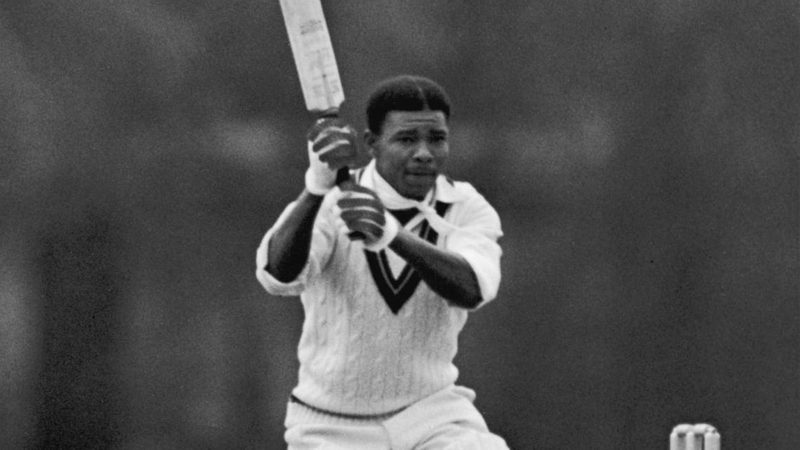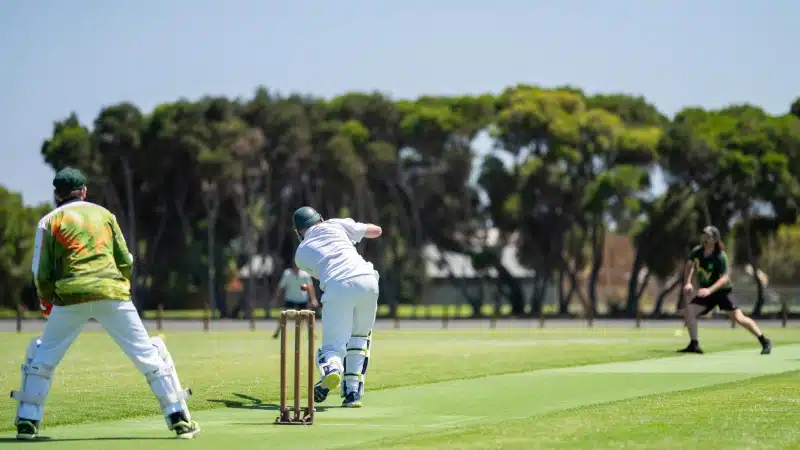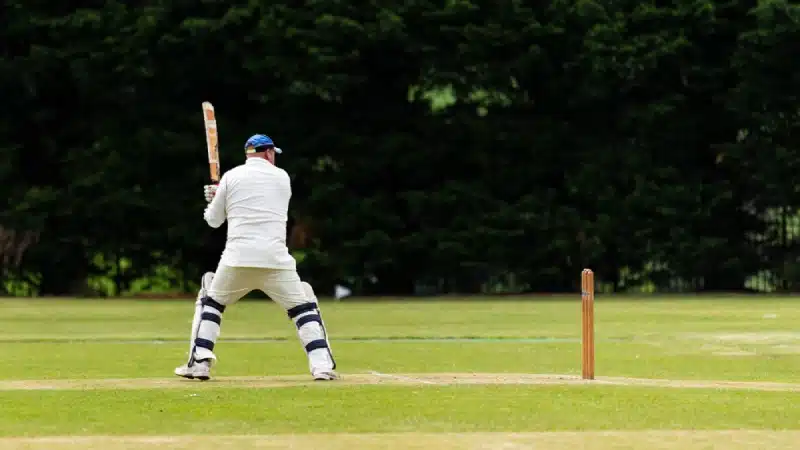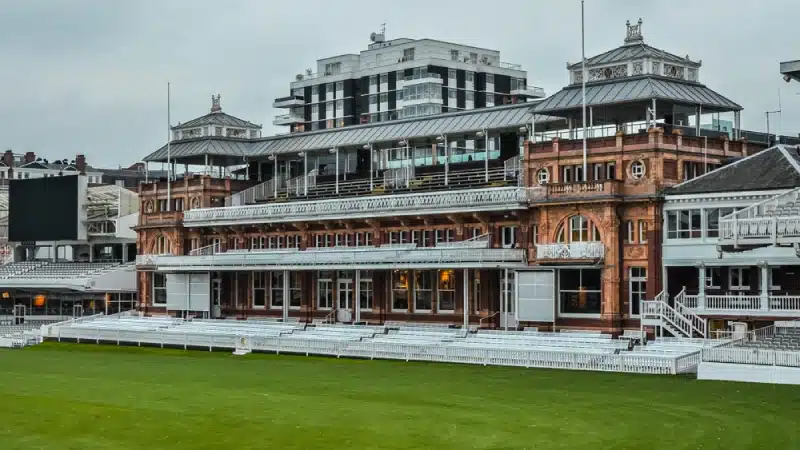
With the death of Everton Weekes on Wednesday at the age of 95, cricket has lost one of its greatest batsmen.
He was also the last of a legendary trio of cricketing knights, known as the Three Ws, who oversaw the rise of West Indies cricket after the Second World War.
The numbers alone make impressive reading: in 48 Tests, played between 1948 and 1958, Weekes scored 4,455 runs at an average of 58.61.
He made 15 centuries including five in an extraordinary sequence that remains a record today. But it was the way he made those runs that caught the imagination.
Former West Indies captain Jeffrey Stollmeyer described Weekes as "a five-foot six-inch bundle of muscle".
"There was no nonsense about Weekes, no tomfoolery. Once on the job, he was purposeful. His business was to score runs," said Stollmeyer.
"Playing strokes was the game he knew and loved best, and unless circumstances warranted discretion, Weekes would produce his smashing square cut, slashing cover drive, resounding hook and forceful on-drive for all to see and enjoy."
Everton de Courcy Weekes was born in Pickwick Gap, Barbados on February 26, 1925.
He was one of three West indies greats to be born within a mile and a half of each other over an 18-month period.
The others were Frank Worrell and Clyde Walcott. Together they were the Three Ws.
"Of the Ws, he (Weekes) was probably the most ruthless run-compiler, and his compact build and high-scoring performances inevitably invited comparisons with George Headley," wrote Denis Compton, one of the great England batsmen of the era.
It was thanks, in part, to Headley that Weekes found his feet in Test cricket.
The 23-year-old had been picked to play in the first three Tests of the 1948 home series against a weakened MCC (England) team led by Gubby Allen but with a top score of 36 he was omitted for the fourth Test.
But when the 39-year-old Headley withdrew through injury, Weekes was summoned to Kingston, not a popular choice among the Jamaicans who favoured their own JK Holt.
Weekes arrived midway through the first day after the journey from Barbados to be greeted with jeers and heckles but they turned to cheers a day later as he crashed an England attack that included Allen, Maurice Tremlett and Jim Laker for 141, leading to a 10-wicket win for the West Indies.
'Brilliant array of strokes'
Weekes was on his way and when the West Indies went on to tour India later in the year, he produced successive innings of 128 in Delhi, 194 in Bombay and 162 and 101 in Calcutta.
He ought to have had a sixth consecutive hundred but was run out for 90 in Madras, a decision that Walcott described as "rather doubtful".
In 1950 he played a key supporting role to spinners Sonny Ramadhin and Alf Valentine in West Indies' 3-1 series win in England.
He made three half-centuries and then 129 at Trent Bridge where he was watched admiringly by the former Nottinghamshire and England opener George Gunn.
"I have seen them all since Victor Trumper and including (Don) Bradman," said Gunn who was 71 at the time having played first-class cricket between 1902 and 1932.
"I have never seen a more brilliant array of strokes nor heard the ball so sweetly struck."
Weekes returned to England in 1957 which, although disappointing by his standards, produced one truly memorable innings.
It came in the second innings at Lord's with the West Indies, still trailing England by 217, on 80-4 and facing a heavy defeat.
The England attack of Fred Trueman, Brian Statham and Trevor Bailey exploited the ridge at the Nursery End to make the ball rear spitefully.
Weekes joined Garry Sobers and set about adding 100 in 95 minutes. Weekes took a blow to the hand which cracked a finger but in a three-hour stay at the crease, continued to carve the bowlers around Lord's, hitting 16 boundaries before being dismissed for 90.
"Never was a more heroic batsman more deserving of a century. It was the innings of a genius," wrote Compton.
With Weekes, Walcott and Worrell in the middle-order, the West Indies rose from being a lightweight Test nation to world-leaders, laying the ground for the likes of Garry Sobers, Rohan Kanhai, Clive Lloyd and Viv Richards.
After retiring from Test cricket in 1958, Weekes continued playing in the Lancashire League in England, became an admired administrator and lethal bridge player, representing Barbados, and was knighted in 1995.
Feature image courtesy: Twitter / @WindiesCricket




















